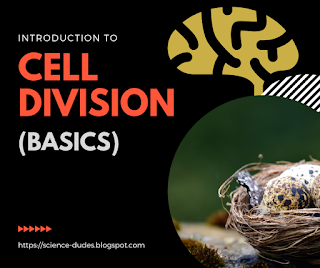What is a Cell?
A biological cell is defined as the fundamental, structural, and functional unit of life. The bodies of living organisms are made up of microscopic units known as cells. Cells, themselves, are made up of a life giving substances called protoplasm, cell organelles, and inclusions.Define Cell Division
The biological process in which an existing cell divides into two or four daughter cells is called cell division.
Why Does Cell Division Occur?
Cell division is a vital part of life. Our bodies grow because of cell division. When older cells die, new cells must replace their position. Similarly, cell division helps in reproduction. Cell division is essential for continuity of a species. All of the structure of a parent cell are duplicated in cell division and divides into two or more daughter cells. In unicellular organisms, cell division is a means of reproduction because it directly produces two daughter organisms.
Cell division has 3 important aspects:
They are:
- Replication of DNA
- Karyokinesis (division of nucleus),
- and Cytokinesis (division of cytoplasm).
In cell division, the Karyokinesis is followed by Cytokinesis.
Types of cell division
On the basis of mode of nuclear division, cells are divided into 3 different ways.They are:
- Amitosis (also known as Binary fission)
- Mitosis
- Meiosis
In the next post, we will explore each of these types in details.


Post a Comment